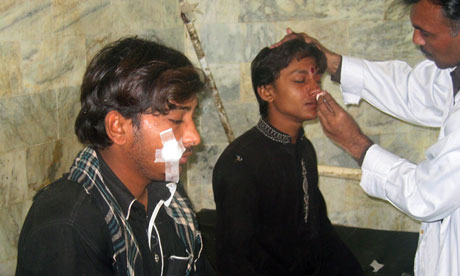ABIDJAN – Rwandan President Paul Kagame on Monday called for greater cooperation among African nations and less dependence on external powers, urging the continent to set its own course during remarks at the Africa CEO Forum 2025 in Abidjan, Côte d’Ivoire.
“We can’t keep depending on what others are saying or doing about us,” Kagame stated during a presidential panel discussion on the first day of the forum. “We need to be working with each other and other countries on the global stage that offer what we need, and offer what they need.”
Kagame emphasised the need for long-term planning over reactive policymaking. He argued that Africa should focus on building internal resilience rather than solely reacting to decisions made elsewhere, referencing potential policy shifts under leaders like US President Donald Trump.
“I think we have to put everything into context,” Mr Kagame elaborated. “Whatever Trump President Trump has decided or whatever anybody else will decide in the near future there is a history to how we’ve been going about things for decades as Africa. So it isn’t like we should just wake up one morning and uh because of what somebody has done that affects us we should have been building up the momentum in terms of what we need to do to make Africa self-dependent and resilient and also in how Africa works with other continents and other countries. So that that is the context.”
He added: “So uh in in this case it is as well that uh President Trump decided to do what uh he did. If that was only to add to many other reminders or things that should wake us up to as Africa be able to do what we ought to do and and there are many opportunities. Uh we always talk about- potential of our continent but when do we realize really what this potential uh is all about in reality? I think that has always been the question. And that comes back to us as a continent as a people of this continent to take the bull by its horns and and deal with the problem.”
The presidential panel also included South African President Cyril Ramaphosa, Mauritanian President Mohamed Ould Ghazouani, and Ivorian Vice President Tiémoko Meyliet Kone.
Ramaphosa echoed the theme of African agency, particularly concerning peace processes on the continent. “But in the endwe must also remember the principle that we have adopted as Africa that African problems Or African solutions for African problems,” he said. “In the end the end and President Kagame knows this whatever discussions are happening in the end has to be endorsed signed off and owned and appropriated by us as Africans. Because this is our continent. We are in charge of the future of this continent and we must build peace ourselves because we live on this continent and therefore we have a deep responsibility to ensure that peace does indeed prevail.”
Acknowledging the role of international partners, Mr Ramaphosa added: “And what they are doing with Qatar US or whoever is part of the peace-building process but it is inherently African. And we must thank and applaud those who are assisting because they are our partners but we are the owners of the whole process ourselves as Africans.”
Addressing peace efforts specifically, including the conflict in the eastern Democratic Republic of Congo, Ramaphosa stated: “I’d like to compliment rather than contradict what President Kagame is saying the processes that have been happening on the continent either the Nairobi Process or the Luanda Process or the AU Process have been very very essential in building a foundation of peacemaking and also confidence-building up to and including agreements that have been reached for a ceasefire between the belligerents up to and including the withdrawal of say the SADC forces as they are withdrawing now.” He also noted the cooperative relationship between himself and President Kagame, despite potential perceptions of conflict.
Mauritanian President Mohamed Ould Ghazouani focused on the role of the private sector. “It is true that in Mauritania we are in a vision that gives a capital importance of the private sector in the creation of jobs creation of uh of added valued and make the private sector a locomotive of uh economic development,” he said.
Ghazouani stressed that increased pressure on governments to deliver necessitates a greater role for private enterprise. “Indeed you know that uh the pressure has increased on the government for the accomplishment of their mission- and we are actually trying to mobilize public resources. And uh this reality is uh obliging the private sector to be a key sector that is essential for financing and also the uh provision of the of services in favor of development.”
He added that state commitment is essential for the private sector to fulfil this role effectively. “We are convinced that uh the private sector cannot uh fully uh play this role if the states is not committed and putting necessary reforms to build an environment that will be more attractive that will guarantee the legal security of the investments whether na- at the national level international level mo- modernization of infra- infrastructure promotion of human resources.” He cited Mauritania’s efforts, including new electricity codes and investment laws, as confirmation of the “willingness to favoremergence of a dynamic private sector that will bring uh more growth and also um employments as well.”



